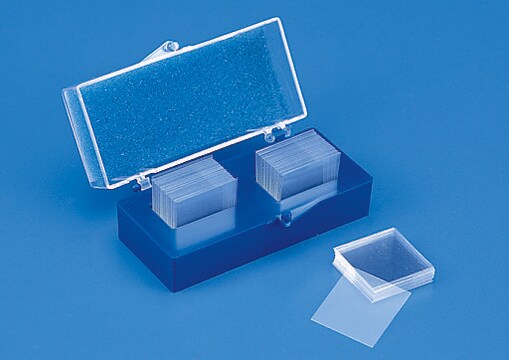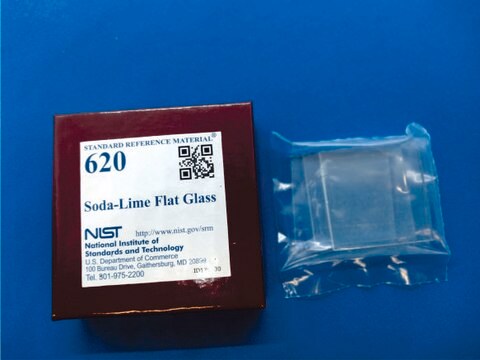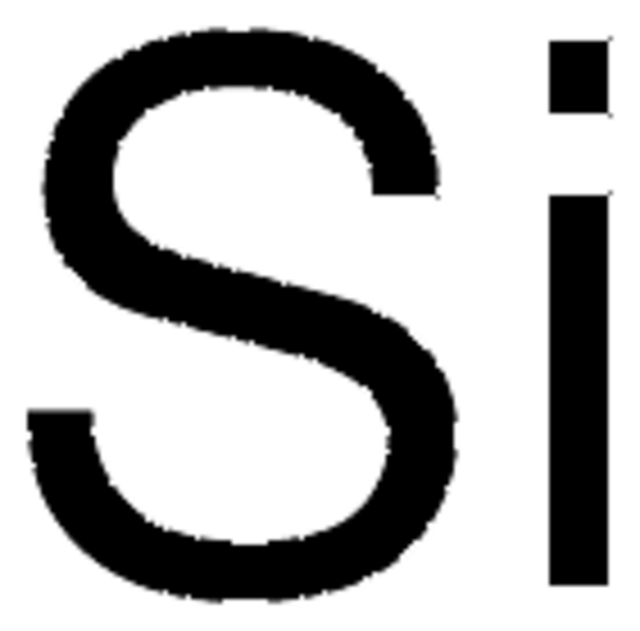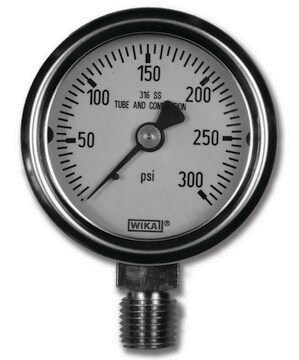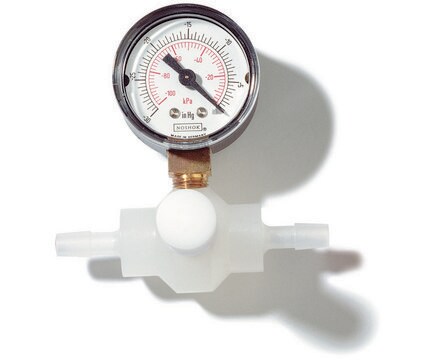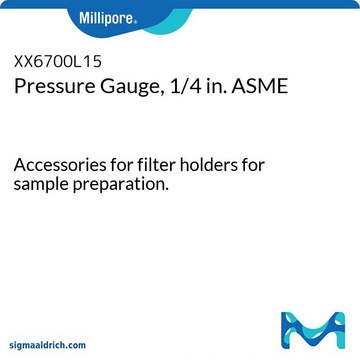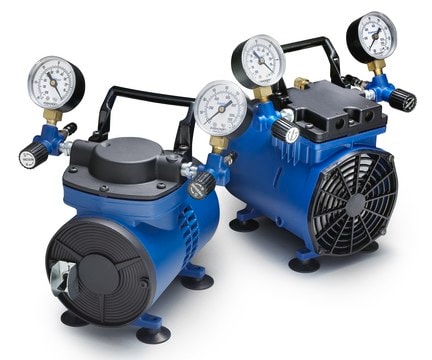おすすめの製品
アッセイ
100%
形状
rod
メーカー/製品名
Goodfellow 379-935-95
L ×直径
100 mm × 10.0 mm
bp
2355 °C (lit.)
mp
1410 °C (lit.)
密度
2.33 g/mL at 25 °C (lit.)
SMILES記法
[Si]
InChI
1S/Si
InChI Key
XUIMIQQOPSSXEZ-UHFFFAOYSA-N
類似した製品をお探しですか? 訪問 製品比較ガイド
詳細
For updated SDS information please visit www.goodfellow.com.
法的情報
Goodfellow製品
最新バージョンのいずれかを選択してください:
Atteq ur Rehman et al.
TheScientificWorldJournal, 2013, 470347-470347 (2014-01-25)
The p-type crystalline silicon wafers have occupied most of the solar cell market today. However, modules made with n-type crystalline silicon wafers are actually the most efficient modules up to date. This is because the material properties offered by n-type
Dominique Collard
Frontiers in bioscience (Elite edition), 5, 955-965 (2013-06-12)
In modern life, technologies enabling detection of biological molecules at a low threshold, for health and ecological concerns, are in high demand. Directly interrogating the molecules is a promising direction to clarify the noisy response of conventional assays arising from
Jacob Raber et al.
Radiation research, 181(4), 362-368 (2014-03-29)
The space radiation environment consists of multiple species of high-energy charge particles (HZE), including (56)Fe and (28)Si nuclei, that may impact neuronal cells, but their damaging effects on the central nervous system (CNS) have been poorly defined. Hippocampus-dependent memory functions
Bomin Cho et al.
Journal of nanoscience and nanotechnology, 14(7), 4832-4836 (2014-04-25)
Asymmetric porous silicon multilayer (APSM)-based optical biosensor was developed to specify human Immunoglobin G (Ig G). APSM chip was generated by an electrochemical etching of silicon wafer using an asymmetric electrode configuration in aqueous ethanolic HF solution and constituted with
Timothy J Barnes et al.
Therapeutic delivery, 4(7), 811-823 (2013-07-26)
Porous silicon (pSi) is a nanostructured carrier system that has received considerable attention over the past 10 years, for use in a wide variety of biomedical applications, including biosensing, biomedical imaging, tissue scaffolds and drug delivery. This interest is due
ライフサイエンス、有機合成、材料科学、クロマトグラフィー、分析など、あらゆる分野の研究に経験のあるメンバーがおります。.
製品に関するお問い合わせはこちら(テクニカルサービス)
